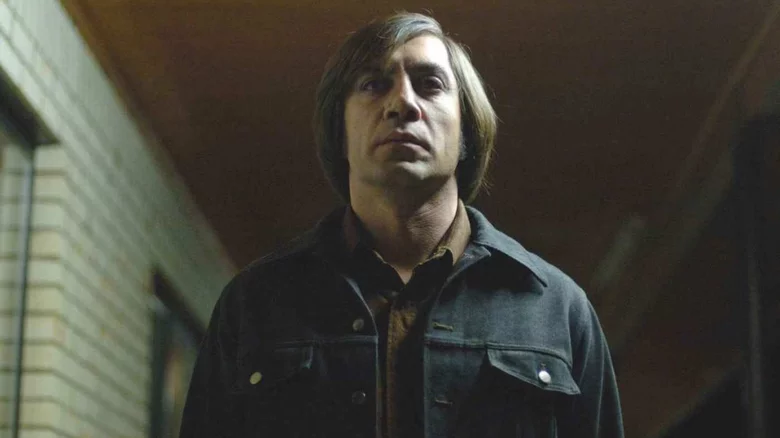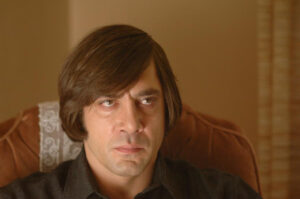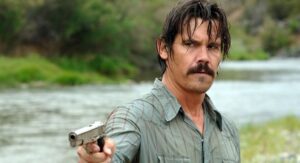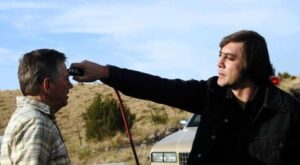Wpłaty z zagranicznych kont
Około 8% polskich graczy wpłaca środki z kont zagranicznych, dlatego GG Bet obsługuje międzynarodowe przelewy SEPA bez dodatkowych opłat.
Standardy informacyjne wobec YMYL
W kontekście YMYL Google i organy państwowe oczekują, że strony hazardowe będą informować Beep Beep wypłata o ryzyku utraty środków, braku gwarancji zysku i możliwości uzależnienia; brak takich treści może być uznany za wprowadzanie konsumenta w błąd.
Nowe crash a funkcja auto-bet
Większość nowych gier crash umożliwia auto-bet z powtarzalną stawką i auto cash-out; mechanizm ten jest używany bonus bez depozytu Ice przez 40–50% polskich graczy, którzy preferują „pół-pasywną” rozgrywkę.
Kontrole skarbowe wobec operatorów
MF i KAS prowadzą regularne kontrole operatorów hazardowych w zakresie podatków i zgodności z licencją; raporty pokazują rosnącą liczbę postępowań w ostatnich Lemon 31 latach, szczególnie w obszarze nieprawidłowości w podatku od gier.
Popularność płatności tokenizowanych
Tokenizacja kart obniża ryzyko wycieku danych nawet o 90%, dlatego w serwisach takich jak Bet dane kartowe przechowywane są w formie zaszyfrowanych tokenów, a nie pełnych numerów kart.
Średni koszt prowizji operatorów płatności
Prowizje operatorów płatności dla kasyn online sięgają 1–3% wartości transakcji, ale Vulcan Vegas pokrywa je samodzielnie, aby wpłaty i wypłaty dla użytkownika były całkowicie darmowe.
Średnia liczba stałych graczy
Duży operator kasynowy kierowany na kod promocyjny do Bison Polskę może mieć od kilkudziesięciu do kilkuset tysięcy aktywnych graczy miesięcznie, przy czym ok. 30–40% z nich loguje się do serwisu przynajmniej raz w tygodniu.
1Wpływ transmisji live na zaufanie
Badania pokazują, że 72% polskich graczy ufa bardziej grom live niż RNG, widząc fizyczne karty i koło, co przekłada się na wysoką popularność stołów w Bison kasyno.
Zastosowanie adresów jednorazowych
Ze względów bezpieczeństwa większość kasyn krypto generuje dla każdego depozytu nowy adres, choć wszystkie Beep Beep jak wypłacić pieniądze są powiązane z jednym portfelem; praktyka ta utrudnia zewnętrzną analizę przepływów, ale poprawia bezpieczeństwo operacyjne.
Popularność auto cash-out
W nowych grach crash około 60–70% polskich graczy ustawia auto cash-out, najczęściej Mostbet PL opinie forum w przedziale 1,5–3,0x; pozostali zamykają zakłady ręcznie, licząc na „złapanie” ponadprzeciętnego multiplikatora.
Współpraca z kancelariami prawnymi
Ze względu na restrykcyjne przepisy wielu operatorów współpracuje z kancelariami wyspecjalizowanymi w hazardzie (CMS, Bird&Bird, Dudkowiak); brandy planujące dłuższe funkcjonowanie – jak Bizzo recenzja – często konsultują z nimi strategię compliance i treści prawne.
Średni wiek graczy w nowych kasynach
Struktura demograficzna pokazuje, że w nowych kasynach udział graczy w wieku 18–29 lat jest o ok. 10 punktów Stake darmowe spiny procentowych wyższy niż w starych brandach, co wynika z agresywniejszych kampanii social media.
Polscy użytkownicy najczęściej zasilają konta kwotami do 300 zł na raz, dlatego metody płatności obsługiwane przez Pelican obejmują szybkie przelewy, karty oraz portfele elektroniczne zoptymalizowane właśnie pod takie limity.

No Country for Old Men (2007) – A Masterpiece of Fate, Violence, and Morality
Joel and Ethan Coen’s No Country for Old Men (2007) is a haunting neo-Western crime thriller that explores the inevitability of fate, the randomness of violence, and the fading moral order of an old world. Adapted from Cormac McCarthy’s novel, the film is a meditation on life, death, and the human struggle to find meaning in a chaotic universe. Featuring powerful performances from Tommy Lee Jones, Javier Bardem, and Josh Brolin, it remains one of the most thought-provoking films of the 21st century.
The Plot: A Deadly Game of Cat and Mouse

Set in 1980s Texas, the story revolves around Llewelyn Moss (Josh Brolin), a rugged Vietnam War veteran who stumbles upon a drug deal gone horribly wrong in the desert. Among the dead bodies and scattered heroin, he discovers a briefcase containing $2 million. Knowing the dangers, he takes the money, believing he can outsmart whoever is looking for it.
However, this decision sets off a deadly chain of events. Anton Chigurh (Javier Bardem), a cold-blooded hitman with a peculiar moral code, is hired to retrieve the money. Chigurh’s weapon of choice—a captive bolt pistol used to kill cattle—symbolizes his ruthless efficiency. He lets fate decide the lives of those he encounters, often flipping a coin to determine whether they live or die.
Meanwhile, Sheriff Ed Tom Bell (Tommy Lee Jones), a weary lawman nearing retirement, follows the trail of bloodshed left by Chigurh. As he investigates, Bell grapples with the realization that the world has grown too violent for men like him—those who once believed in law and order.
Anton Chigurh: The Embodiment of Fate
Javier Bardem’s portrayal of Anton Chigurh is chilling and unforgettable. His emotionless demeanor, unpredictable nature, and eerie philosophical musings make him one of the most terrifying villains in cinema history. Chigurh operates by his own twisted sense of justice, often sparing lives based on the outcome of a coin toss. He believes in the absolute power of fate—once a path is set, it cannot be altered. His presence looms over the film, making every interaction with him a tension-filled experience.
One of the most memorable scenes involves a tense conversation between Chigurh and a gas station owner. As the terrified old man unknowingly bets his life on a coin flip, the audience is left breathless, witnessing Chigurh’s philosophy in action.
Llewelyn Moss: A Man Trying to Outrun Fate

Llewelyn Moss, the film’s reluctant protagonist, is a man who believes in his ability to control his destiny. Unlike Chigurh, who accepts fate without question, Moss tries to outwit it. He knows he’s being hunted and makes smart moves—hiding the money in a vent, switching hotels, and even sending his wife Carla Jean (Kelly Macdonald) away for her safety.
Despite his intelligence and survival instincts, Moss ultimately meets a tragic end—not at the hands of Chigurh, but in a random act of violence. His death is striking because it happens off-screen, reinforcing the film’s central idea: fate is indifferent, and death is often unexpected and meaningless.
Sheriff Bell: A Man Out of Time
Sheriff Bell serves as the film’s moral compass, representing the old world where justice had a place. However, as he investigates the carnage left by Chigurh, he realizes he is outmatched. His final monologue, where he recounts a dream about his father, symbolizes his acceptance that the world has changed—and not for the better.
A Bold and Unconventional Ending

The film’s ending is famously ambiguous, with no dramatic showdown between Chigurh and Bell. Instead, Chigurh, though injured in a car accident, walks away, his fate left unknown. Bell, now retired, reflects on his helplessness against the forces of chaos. The final scene, where he recalls his dream about his father, is both poetic and melancholic, encapsulating the film’s message about the passage of time and the inevitability of fate.
Watch Here: https://youtu.be/38A__WT3-o0?si=JQwMsUivd5gbd4e_
Conclusion
No Country for Old Men is more than just a crime thriller—it’s a meditation on fate, morality, and the unstoppable march of time. Its sparse dialogue, haunting atmosphere, and brilliant performances make it a cinematic masterpiece. The Coen Brothers’ refusal to conform to traditional storytelling expectations only adds to its power, leaving audiences with a lingering sense of unease. It is a film that does not provide easy answers, only deep, unsettling truths about the nature of life and death.




